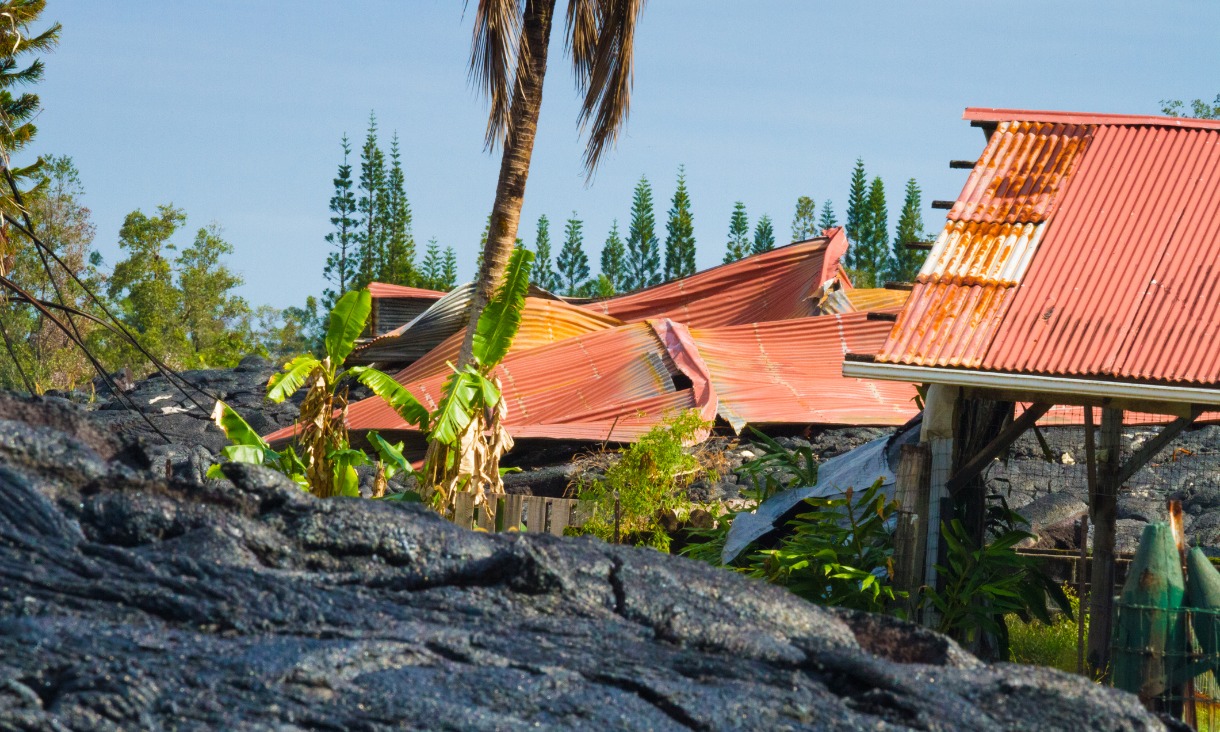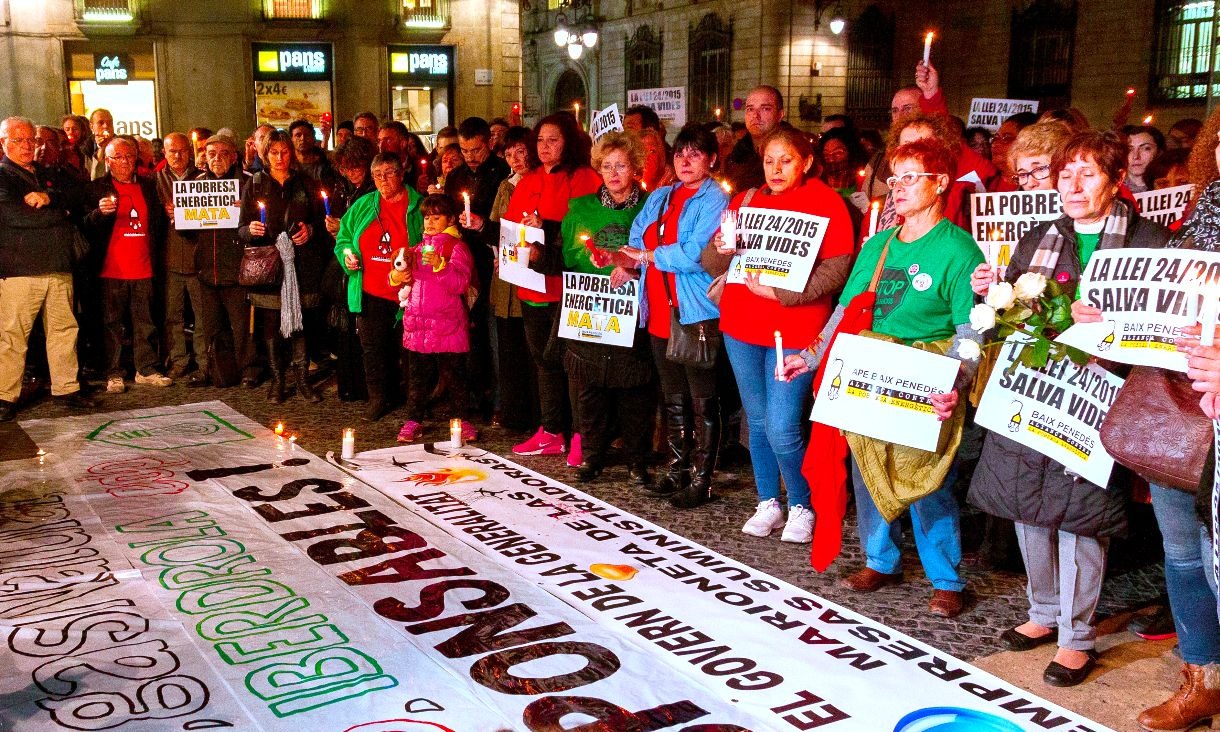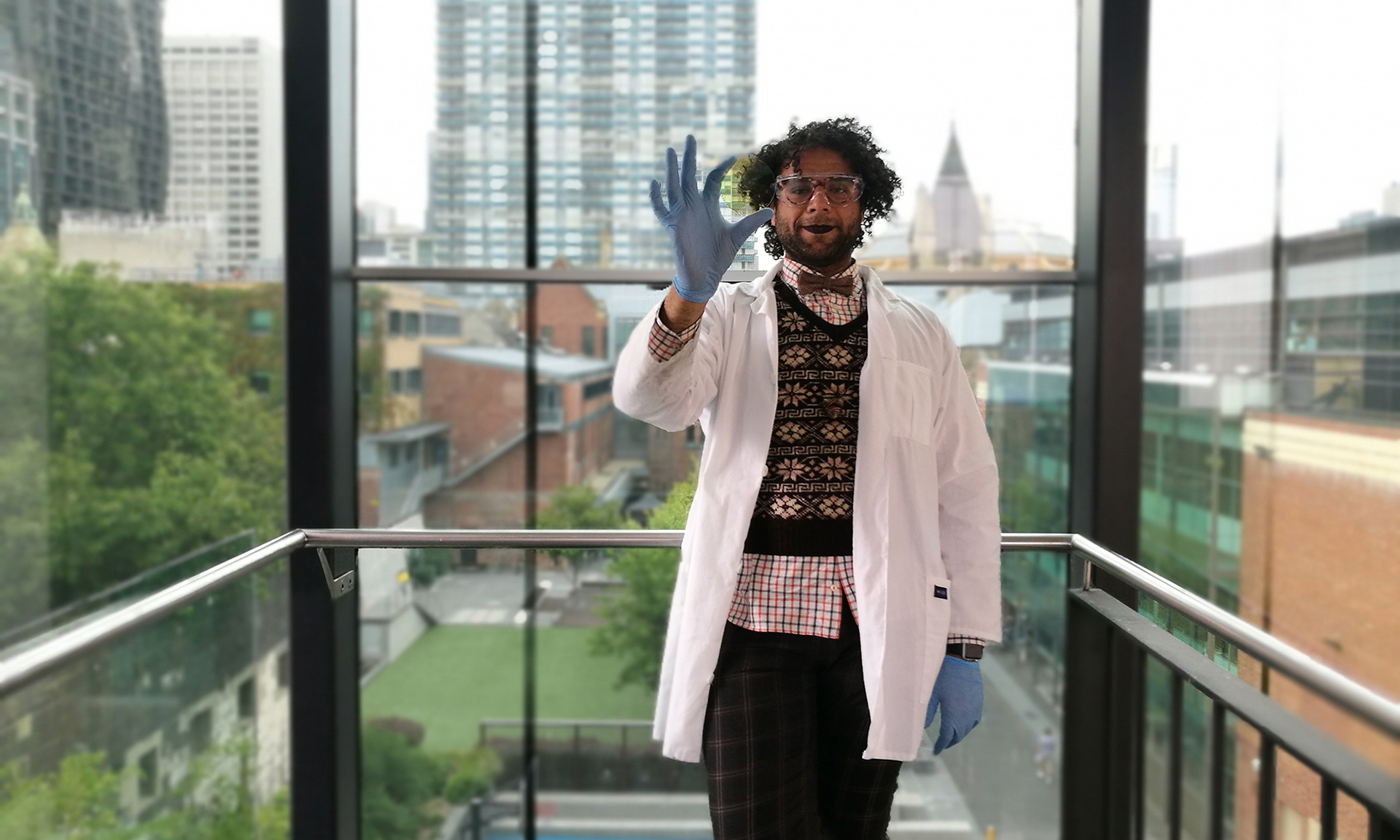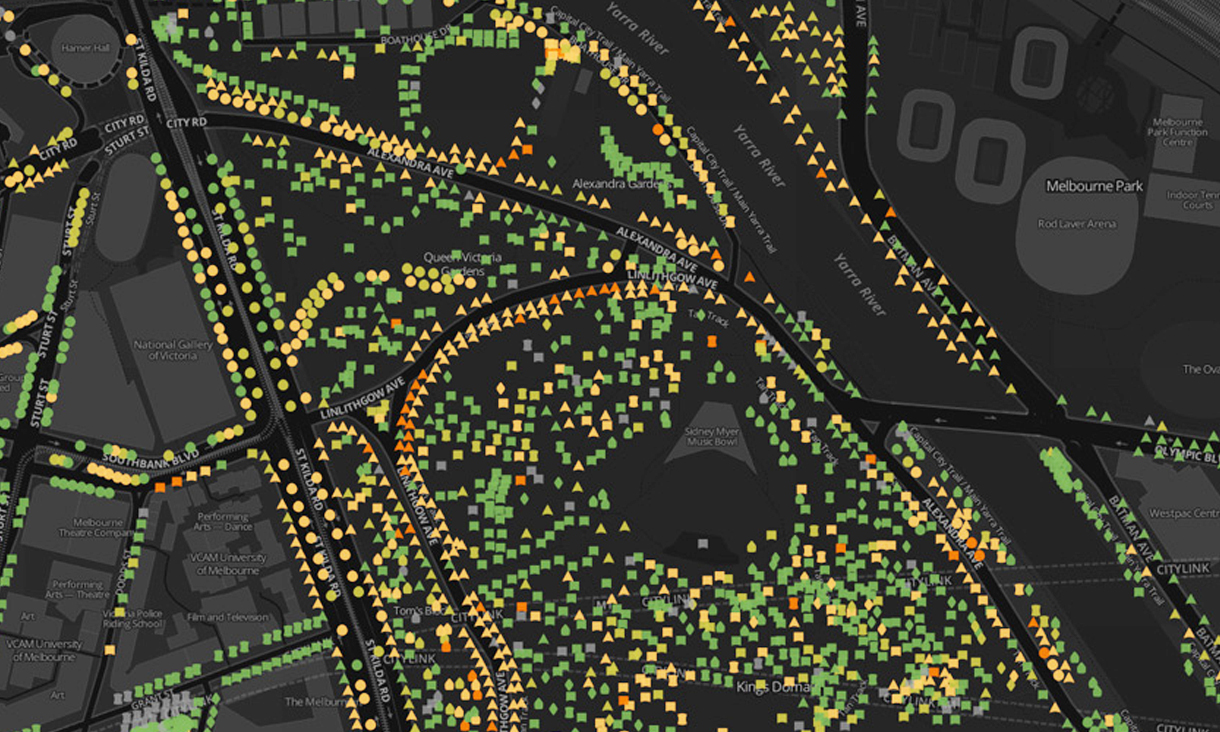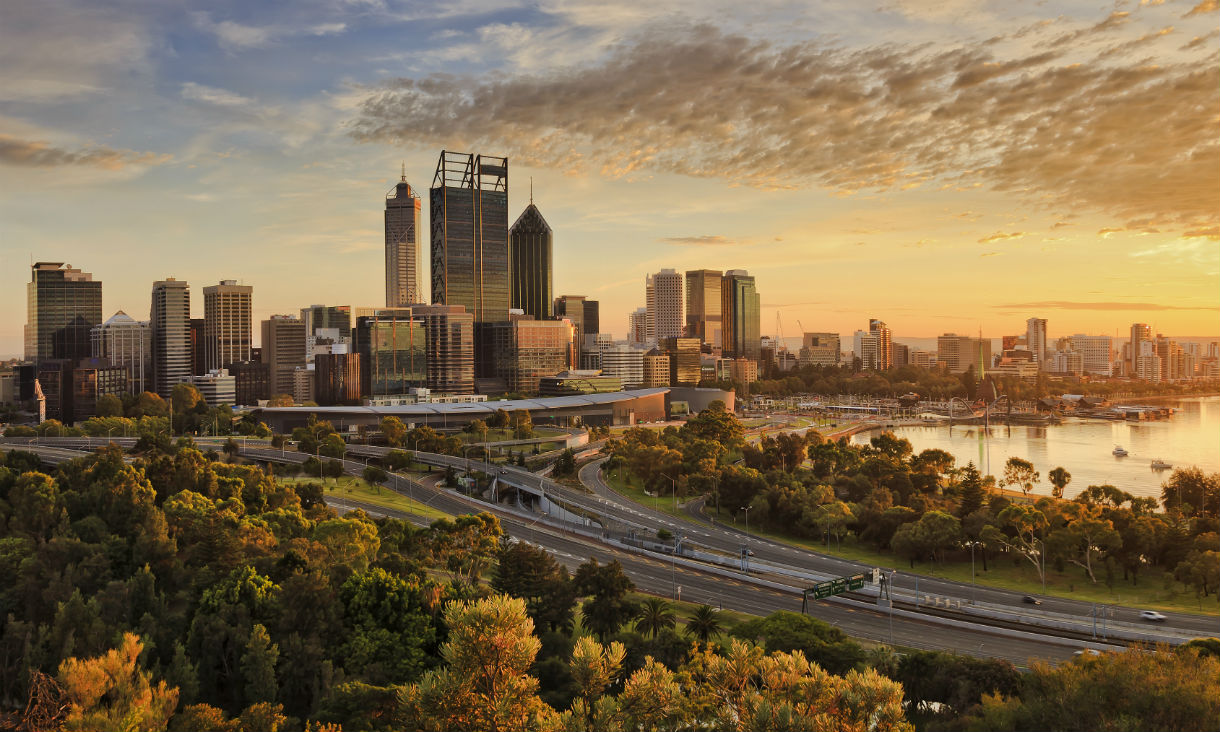Atish Gonsalves is the Founder of Gamoteca and Global Innovation Director at the Humanitarian Leadership Academy and is based in London, United Kingdom. Gonsalves studied a Master of Applied Sciences at RMIT.
“My work is focused on the democratisation and accessibility of education – linking into SDG #4, quality education.”
“I launched Gamoteca, in coordination with the United Nations and several international organisations, to help humanitarians respond effectively to the increasingly complex needs of disasters through the creation of ‘serious games’ for crisis response training and security simulation exercises. Now the platform, also aims to make game-based learning fun, interactive and more human to a wide range of learners.”
“The academy was set-up for the wider needs of the humanitarian sector and promotes new ways of learning.”
“It's about protecting those most vulnerable in emergencies by developing and delivering educational programs on topics such as climate change disaster risk reduction and management.”
“All of our programs are co-created with local partners.”
“We believe that learning should not just be disseminated and that it should be empowering and creative – something that is fostered when people on the ground are engaged.”
"Our work also connects in with the goals of no poverty (SDG #1) and zero hunger (SDG #2), as we often see in disaster response that there are broader economic challenges and countries that are creating the issues.”
“We believe that through learning, we can help people to feel more equipped to prepare for and respond to crises.”
Learn more about Gamoteca and the Humanitarian Leadership Academy and its global learning platform kayaconnect.org.

